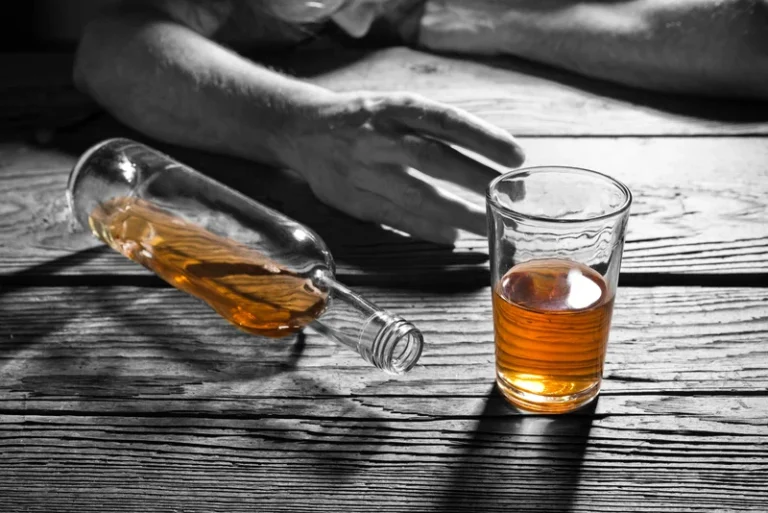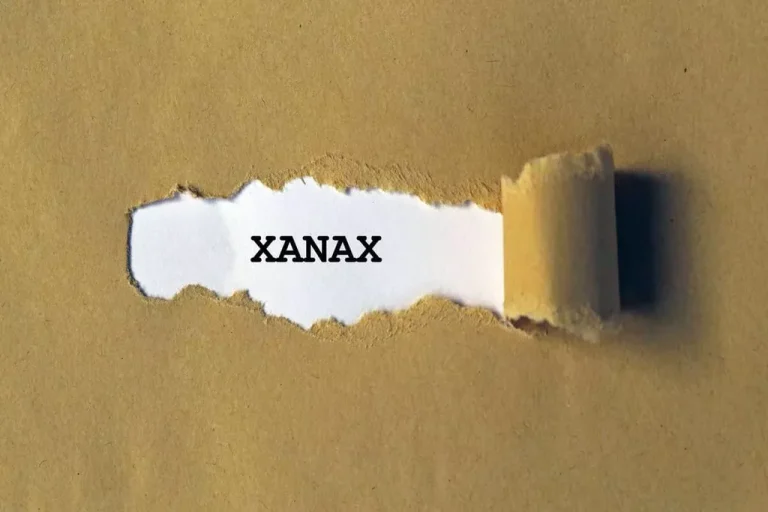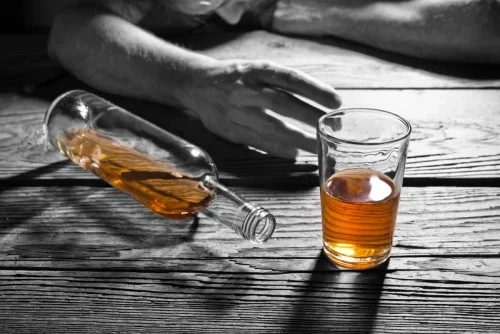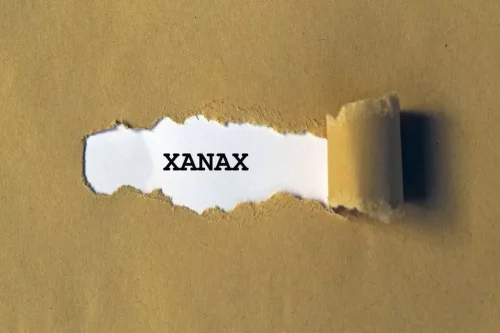
If addiction has impacted your marriage, you may be wondering if the only solution is to separate from your spouse. With work, determination and love, you and your spouse may be able to recover and restore your marriage after addiction. Sobriety means you’re as equipped as you can be to manage any outcome that comes your https://ecosoberhouse.com/article/dealing-with-ptsd-alcohol-blackouts-and-memory-loss/ way. I don’t know of a single relationship problem that was solved by drinking.

How marriage changes after sobriety:
- After graduating a year-long program, Lyle felt compelled to give back and began doing service work.
- So, to answer the question, “Do marriages last after rehab?
- This cycle can be hard to break, but it is possible with the right recovery strategy for you and your partner.
- Codependency can also cause the non-addicted partner to unwittingly enable unhealthy behaviors, which may encourage substance use and addiction.
- Recovery can also sometimes uncover underlying mental health conditions that have contributed to substance use disorder.
That could include individual or couples counseling when necessary for relationship tune-ups, or checking in regularly with their support groups. CAP, ICADC, CHC CEO and President at The Shores Treatment & Recovery of Florida. He is an ordained pastor marriage changes after sobriety and International Crisis Response Chaplain, is certified in CISM.
- Al-Anon is a great resource, but just like AA is not a good fit for everyone, couples need options in the ways they find help recovering their marriages from alcoholism.
- The Underdog addict is self-centered and irresponsible, and feels vulnerable, needy, and loved only when receiving.
- At the same time, don’t give up hope—if both of you are truly committed to saving your marriage, building a new and healthy relationship is possible.
- ” Again, the answer is yes, couples can recover together.
Find Sober Fun
Just as you need help overcoming the chains of addiction, the marriage trauma after substance abuse should be addressed with professional assistance. I’ve spent the last seven years researching and understanding alcoholism, addiction, and how people get sober. Additionally, I examine the way mental and physical health as well as our relationships with others impact the reasons people drink and their role in maintaining sobriety long-term. Working through the trauma of addiction will most likely require help from a professional.

Attend Counseling
We both did a lot of work to disentangle, develop clear communication, and become mindful of ourselves and each other. Today, with 12 years of recovery, we have created a strong bond that respects our individuality, challenges us to grow, and supports our human fragility. Recovery can also sometimes uncover underlying mental health conditions that have contributed to substance use disorder. For example, up to half of people with substance use disorder have also experienced symptoms of post-traumatic stress disorder (PTSD).


Yet, sobriety destabilizes the status quo, and the longer partners are together, the more their patterns become entrenched. I don’t think my husband and I ever really knew each other until I got sober. My pregnancy added an additional challenge to the recovery process. Most treatment methods for substance use disorder involve the family. That means you will likely play a role in your partner’s treatment.
- There are over 40 million people in the U.S. alone living with substance use disorder.
- But recovery means you have to take responsibility for your life.
- Trust has been broken many times, and it will have to be rebuilt – a process that can’t be rushed.
- (To understand the impact of shame on relationships and codependent symptoms, see Conquering Shame and Codependency).
- The recovering addict must also be patient as his or her spouse works to rebuild trust.
- Because you’re not going to be the same person you were when you drank.
- Therefore, it is crucial to clearly and honestly communicate with one another during recovery.
- I’ve found statistics that indicate a 20% increase in divorce rate for couples dealing with alcoholism in the marriage.
- Those three days informed my understanding of what was happening to Bill and us as a family unit.
- After years of going backwards once I stopped drinking, we are making progress and recovering our marriage.
- I got sober and pregnant at roughly the same time.
With sobriety comes clarity about life—it can be lived to the fullest, and that means couples can enjoy their relationships to the fullest, too. Marriages can survive sobriety—and not just survive, but thrive. In addictions counseling I frequently hear outrage that, “My partner still doesn’t trust me!
The recovering addict needs to focus on sobriety and may not always be able to prioritize the relationship, and his or her spouse must understand this. Of course, the addict’s ability to maintain sobriety will be essential to your ability to maintain the marriage as well. Instead, it’s best to treat the marriage as a new relationship. Get to know the “new” version of your spouse (or help your spouse become acquainted with the “new” you). Patiently work on rebuilding communication, trust, support, respect, and intimacy.

